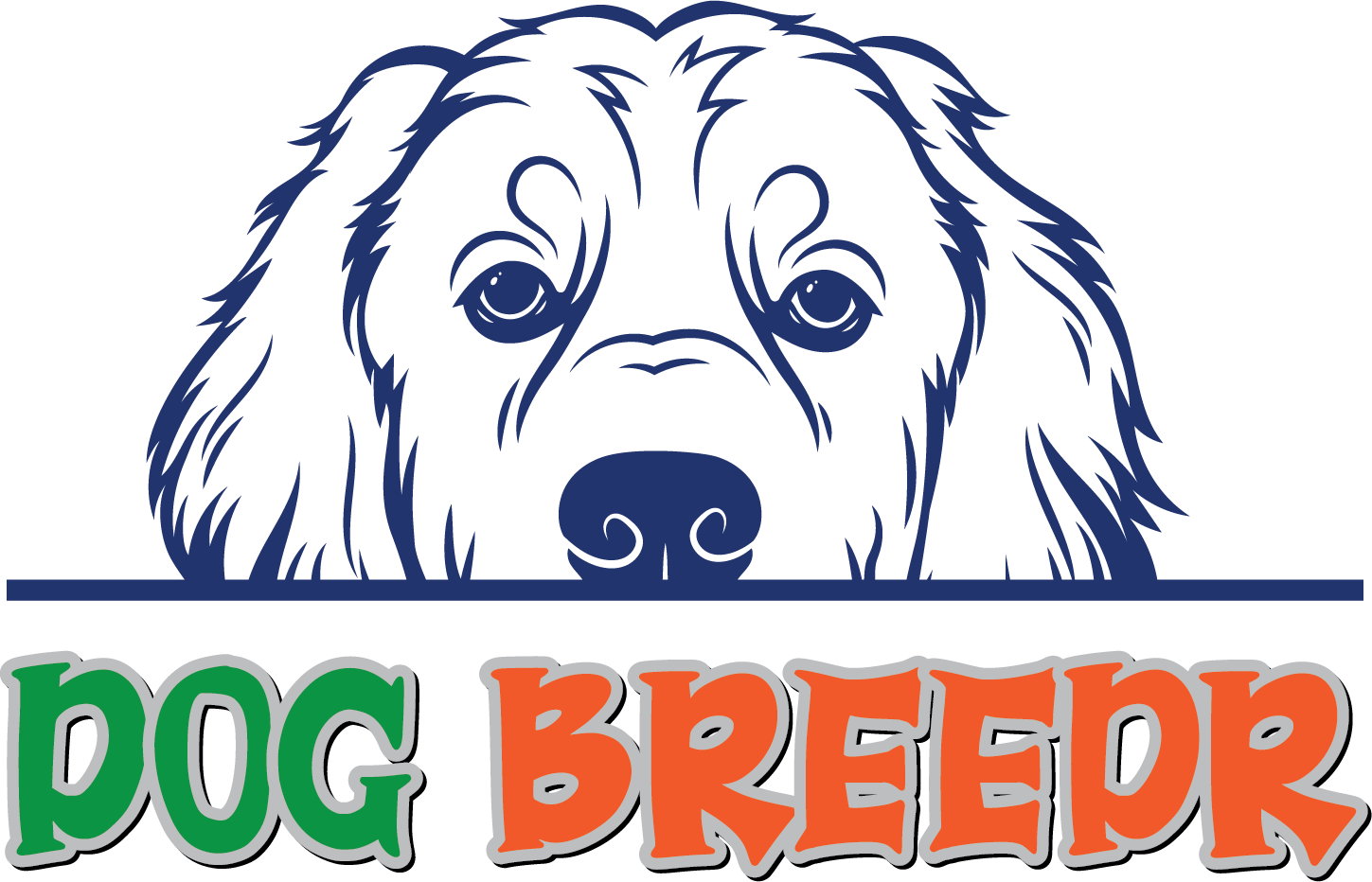Dog gut health is essential for the overall well-being of dogs. Not only can it help them digest food more efficiently, but a healthy digestive system leads to improved immunity and can even play a role in behavioral issues. Fortunately, there are several ways to ensure that your pup’s gut health is in tip-top shape.
Factors Affecting Dog Gut Health
There are many factors that can affect a dog gut health. A few of the most significant include diet and nutrition, exercise and activity level, medications, and antibiotics, stress and anxiety, and environmental factors. Let’s take a closer look at each one:
Diet and Nutrition – Dog Gut Health
The type of food you give your dog plays a major role in their dog health. A balanced diet full of proteins, fats, carbohydrates, and fiber is essential for healthy digestion.
You should also make sure that your pup is getting the right amount of vitamins and minerals as these can help maintain a healthy micro biota balance in the gut.
Avoid processed foods with artificial ingredients or preservatives as they can contribute to digestive issues like diarrhea or vomiting. Make sure to check labels carefully before giving any food to your pup.
Exercise and Activity Level – Dog Gut Health
Just like humans, regular exercise helps keep dogs fit and healthy both physically and mentally. Regular physical activity helps stimulate the muscles in their digestive system, which aids in proper digestion.
Exercise also releases endorphins, which can help reduce stress and anxiety levels, both of which can lead to poor dog health.
Medications and Antibiotics – Dog Gut Health
If your pup needs to take antibiotics or other medications, it’s important to follow the instructions given by your vet carefully.
While these medications are effective for treating certain conditions, they can also have an adverse effect on dog health if not taken as directed.
Make sure to talk with your vet about any potential side effects or possible complications so that you are aware of them ahead of time.
Stress and Anxiety – Dog Gut Health
Stress and anxiety can have a serious impact on a dog’s digestive system, leading to issues like diarrhea and gastrointestinal distress.
Try to keep your pup’s environment as stress-free as possible and look for signs of distress such as trembling, panting or pacing.
If you think that your pup is suffering from anxiety related to its gut health, talk with your vet about potential treatments that could help.
Environmental Factors – Dog Gut Health
The environment in which your pup lives can also have an effect on their dog health. For example, their kennel should be cleaned regularly to prevent any buildup of bacteria or parasites which can lead to digestive issues.
Additionally, if they are living in a home with smokers, the smoke itself can lead to problems like inflammation in the digestive tract.
Try to reduce exposure to any environmental factors that may contribute to poor dog gut health and make sure to give them plenty of fresh air and exercise.
By following these steps, you can help to ensure that your pup’s gut health is up to par and they are getting the proper nutrition needed for a happy and healthy life.
Keep in mind that it’s always important to consult with your vet if you have any concerns or questions about your pup’s diet or overall well-being. With the right attention and care, you can help keep your dog gut health in top shape.
Signs Of Poor Dog Gut Health
The following are some of the most common signs that a dog health may be compromised:
Diarrhea or constipation: This can occur when there are too much bad bacteria in the gut or if the gastrointestinal tract isn’t functioning properly. It can also be caused by food intolerance, parasites, or other digestive issues.
Vomiting: If your pup is vomiting on a regular basis, it could indicate an imbalance in their gut flora. In addition to seeking medical care from your vet, you should also consider making dietary changes and providing probiotic supplements to help restore balance in your gut micro biome.
Loss of appetite or weight loss: An unhealthy gut can cause poor digestion or absorption of food, which can lead to weight loss or a loss of appetite. If your pup is not getting enough nutrition, it can weaken its immune system and cause other health issues.
Gas and bloating: An imbalance in the gut micro biota can cause too much gas to build up in the intestines, causing discomfort for your pup.
If this is an ongoing issue, consider making changes to their diet and providing probiotics that help support a healthy GI tract.
Bad breath: Dogs with poor dog gut health may also experience bad breath due to an excess of bacteria in their digestive tract.
Talk with your vet about potential treatments if this becomes an issue for your pup, in some cases brushing teeth twice daily and providing dental chews can help keep bad breath at bay.
Skin problems: Dogs with an unhealthy gut may also experience skin issues such as itching, flaking, or inflammation due to an imbalance of bacteria in the digestive tract.
In these cases, a diet rich in fiber, omega-3 fatty acids, and probiotics can help regulate good bacteria levels in the dog gut health, resulting in healthier skin.
By being aware of the signs of poor dog gut health, you can take steps to ensure that your pup is receiving the proper nutrition and care they need for optimal well-being.
Maintaining Dog Gut Health
When it comes to keeping your pup’s gut health in check, there are a few key steps you can take:
Diet and Nutrition: Providing your pup with a balanced and nutritious diet is key for maintaining gut health.
Look for foods that are high in quality proteins, complex carbohydrates, essential fatty acids, vitamins, minerals, and probiotics to help nourish their gut micro biome.
Exercise: Regular physical activity is important for overall health but can be especially beneficial for dogs with poor dog health.
Exercise helps to stimulate digestion and enhance the number of beneficial bacteria in the digestive tract.
Make sure to provide plenty of opportunities for exercise, whether it’s going on a long walk or playing fetch at the park, to keep them active and healthy.
Prebiotics and Probiotics: Incorporating prebiotics and probiotics into your pup’s diet can help to promote the growth of beneficial bacteria in the gut, which helps to keep their digestive system functioning properly.
Stress Reduction: Anxiety and stress can have a negative effect on your dog gut health, so it’s important to do what you can to reduce their stress levels.
Engaging in calming activities such as cuddling and providing plenty of positive reinforcement are great ways to keep them calm and relaxed.
Antibiotics: While antibiotics can be used judiciously when necessary, they should not be given regularly as a preventative measure due to their potential adverse effects on the gut micro biome.
If you find that antibiotics are needed for your pup, make sure to provide extra probiotics and prebiotics to help replenish their gut bacteria.
By paying attention to the signs of poor dog gut health in your pup and making sure to provide them with a balanced diet and regular exercise, you can ensure that they stay healthy and happy for years to come.
If you have any concerns or questions about dog gut health, don’t hesitate to consult with your vet for more information.
Conclusion – Dog Gut Health
Dog gut health is an important factor in its overall wellbeing, and making sure to keep it in optimal condition can help ensure that they stay healthy for years to come.
With the right diet, exercise, prebiotics, probiotics, and stress reduction techniques, you can help ensure that your pup has a balanced dog health micro biome and is able to enjoy life as happily as possible.

